When you return home after a long trip, you might expect your cat to greet you with open paws. Instead, they may seem to ignore you, and you’re left wondering what went wrong. Understanding the feline mind can be a bit of a puzzle, but it’s important to remember that their behavior isn’t personal. Cats are complex creatures with their own set of rules and understanding why they act the way they do can help you reconnect with them effectively.
The Independent Nature of Cats
Cats are naturally independent animals. Unlike dogs, who are pack animals and rely heavily on their human companions, cats have evolved to be solitary hunters. This means they don’t always exhibit the same kind of attachment behaviors we might expect. When you leave for a trip, your cat may simply adjust to your absence without much fuss. Upon your return, they might not immediately recognize the change in their routine. It’s not that they don’t care; they just have their own way of dealing with change.
Changes in Routine
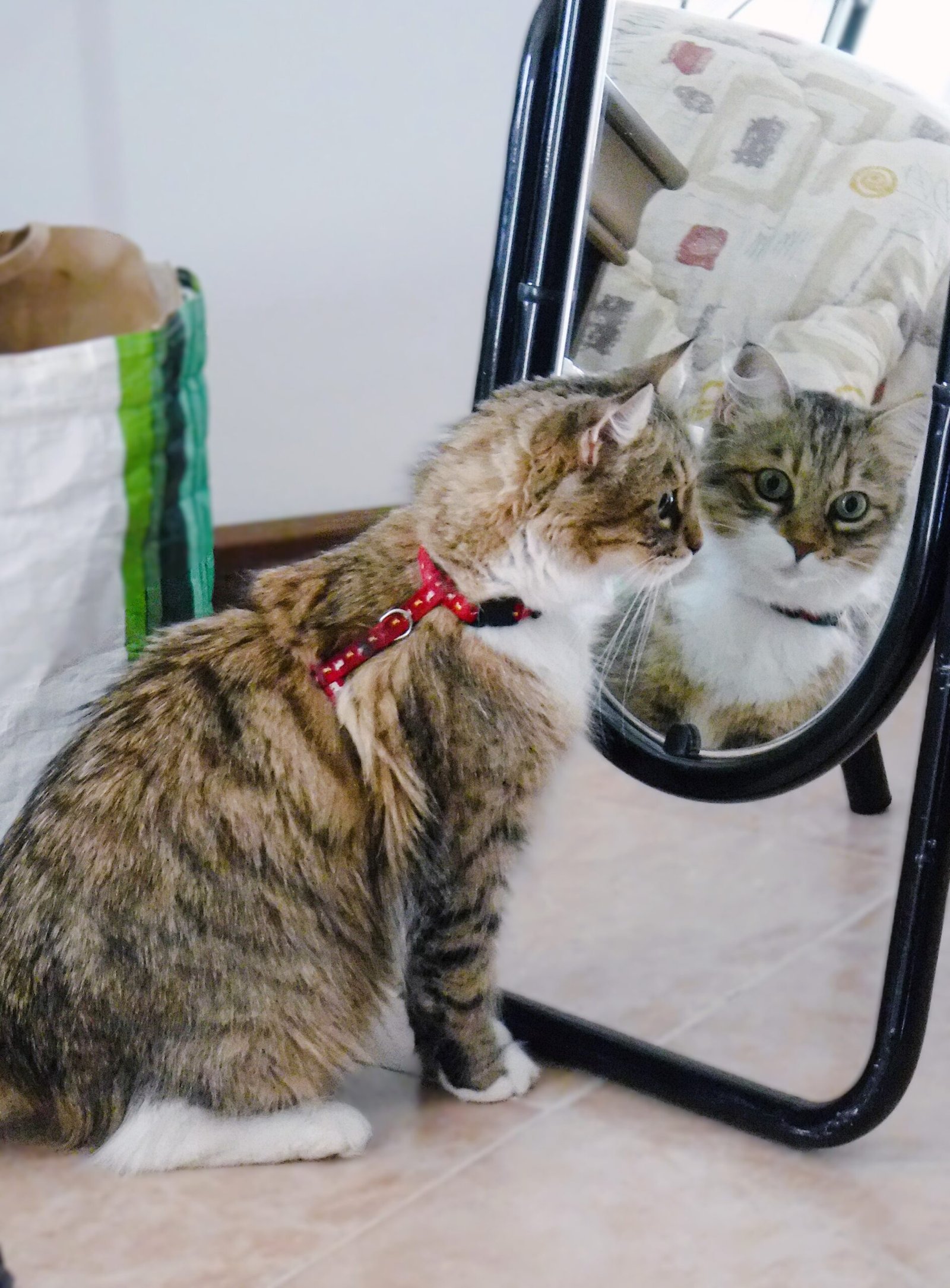
Cats are creatures of habit, and they thrive on routine. A sudden change, such as their owner’s absence, can disrupt their sense of stability. While you are away, they may adjust to a new routine, and your return can once again disrupt their world. This can lead to them acting distant or aloof as they adjust back to having you around. Patience is key here; give them time to readjust to the old routines they once knew.
Understanding Cat Emotions
Cats have emotions, but they express them differently than humans or even dogs. When you leave, your cat might feel a range of emotions from confusion to anxiety. Upon your return, they may express these emotions by ignoring you. It’s their way of processing the disruption. Understanding this can help you empathize with your feline friend. Acknowledging their feelings, even if they don’t show them overtly, can go a long way in re-establishing your bond.
The Importance of Scent
Cats rely heavily on scent to recognize people and places. When you return from a trip, your scent may have changed, making you unfamiliar to them. This can cause them to act wary or distant. To help your cat reacquaint themselves, let them approach you at their own pace. You can also try using familiar scents, like items from your wardrobe, to help them readjust to your presence.
Behavioral Changes in Your Absence
During your absence, your cat may develop new behaviors or habits. They might have found new favorite spots to nap or different toys to play with. These changes can sometimes make them seem distant when you return. Observing these new behaviors can provide insight into how they coped during your absence and help you adjust your interactions accordingly.
Recognizing Stress and Anxiety
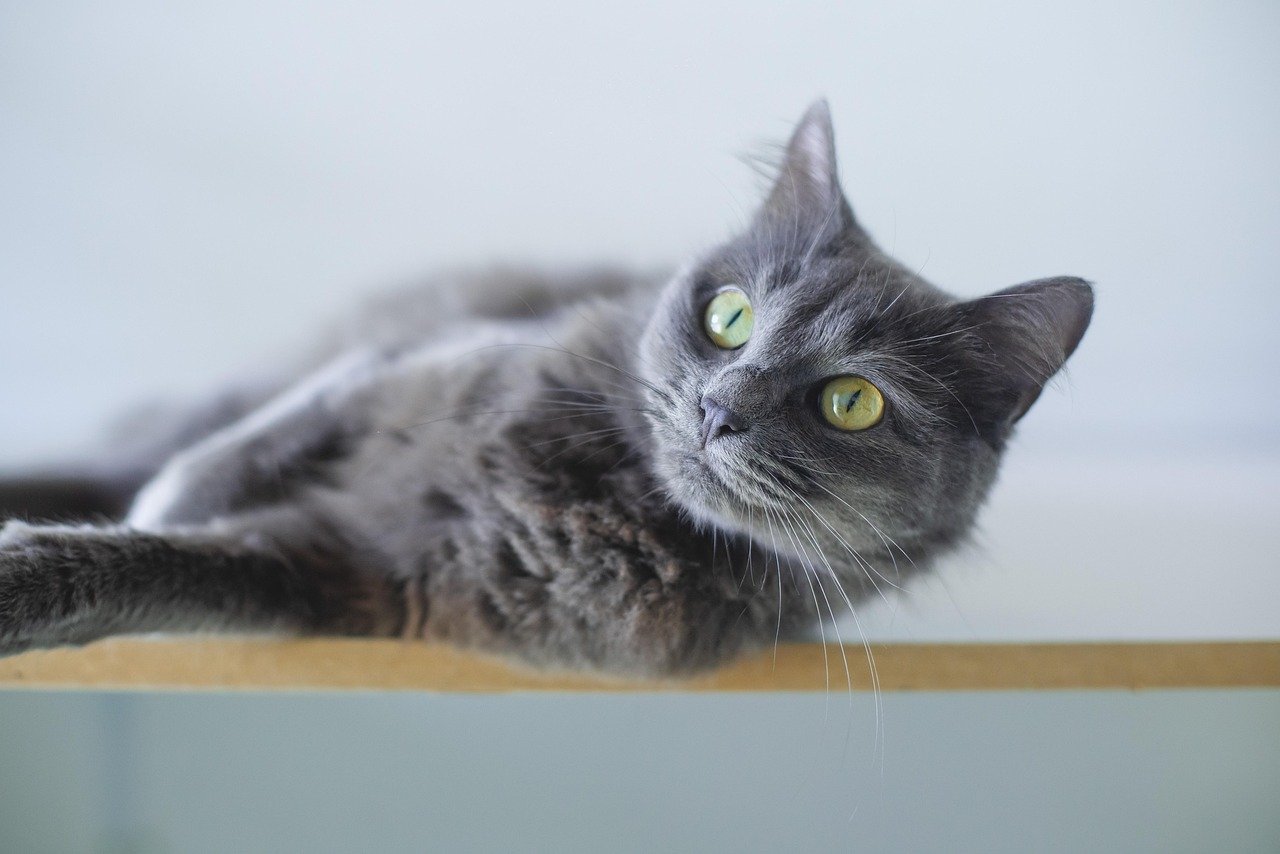
Just like humans, cats can experience stress and anxiety. A long absence can be a significant stressor, leading to behaviors like ignoring you upon your return. Signs of stress can include hiding, excessive grooming, or changes in appetite. Recognizing these signs can help you provide the comfort and reassurance your cat needs to feel safe and secure again.
Building Trust Again
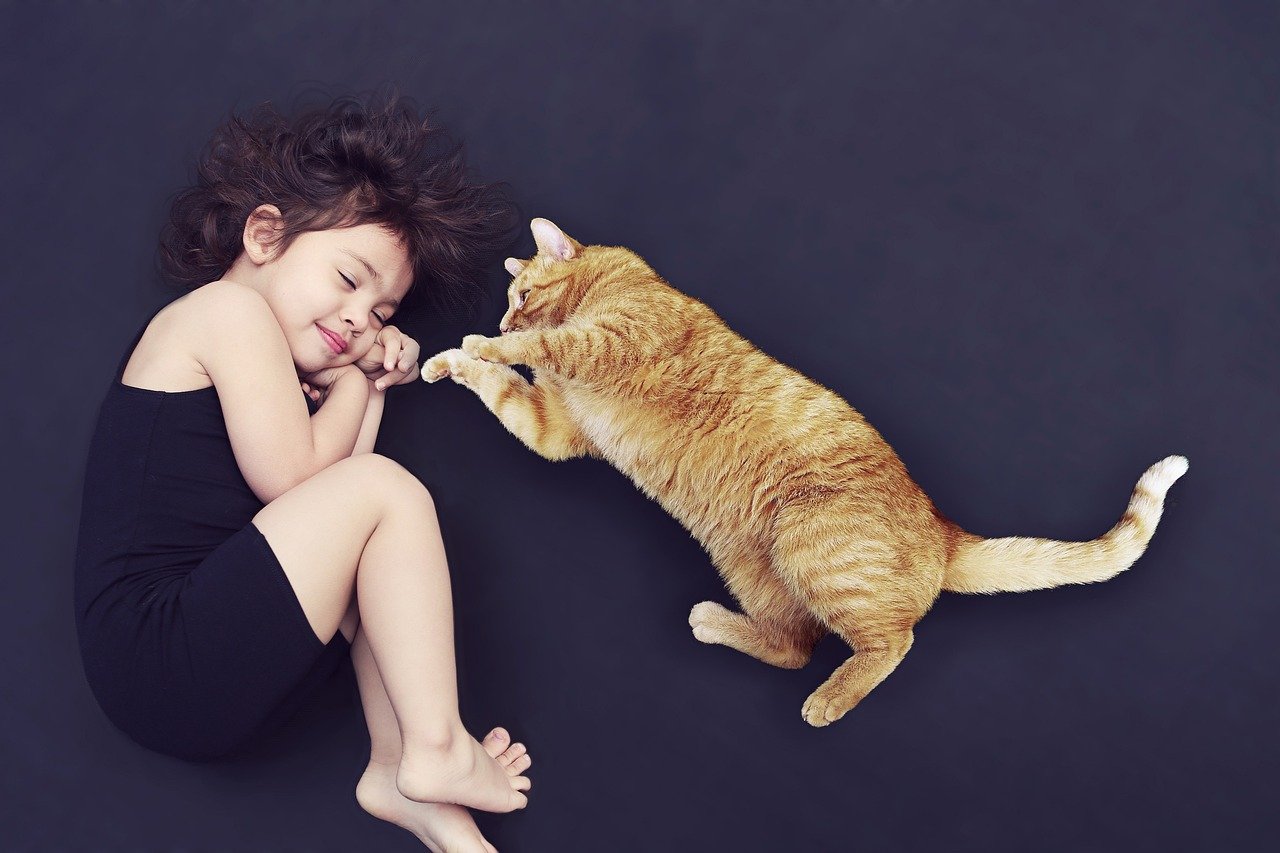
If your cat seems to be ignoring you, it might be a sign that you need to rebuild trust. Start by spending quality time with them. Engage in activities they enjoy, whether it’s playing with their favorite toy or simply sitting near them while they nap. Consistent, gentle interactions can reassure your cat and help them feel more comfortable around you again.
Creating a Welcoming Environment
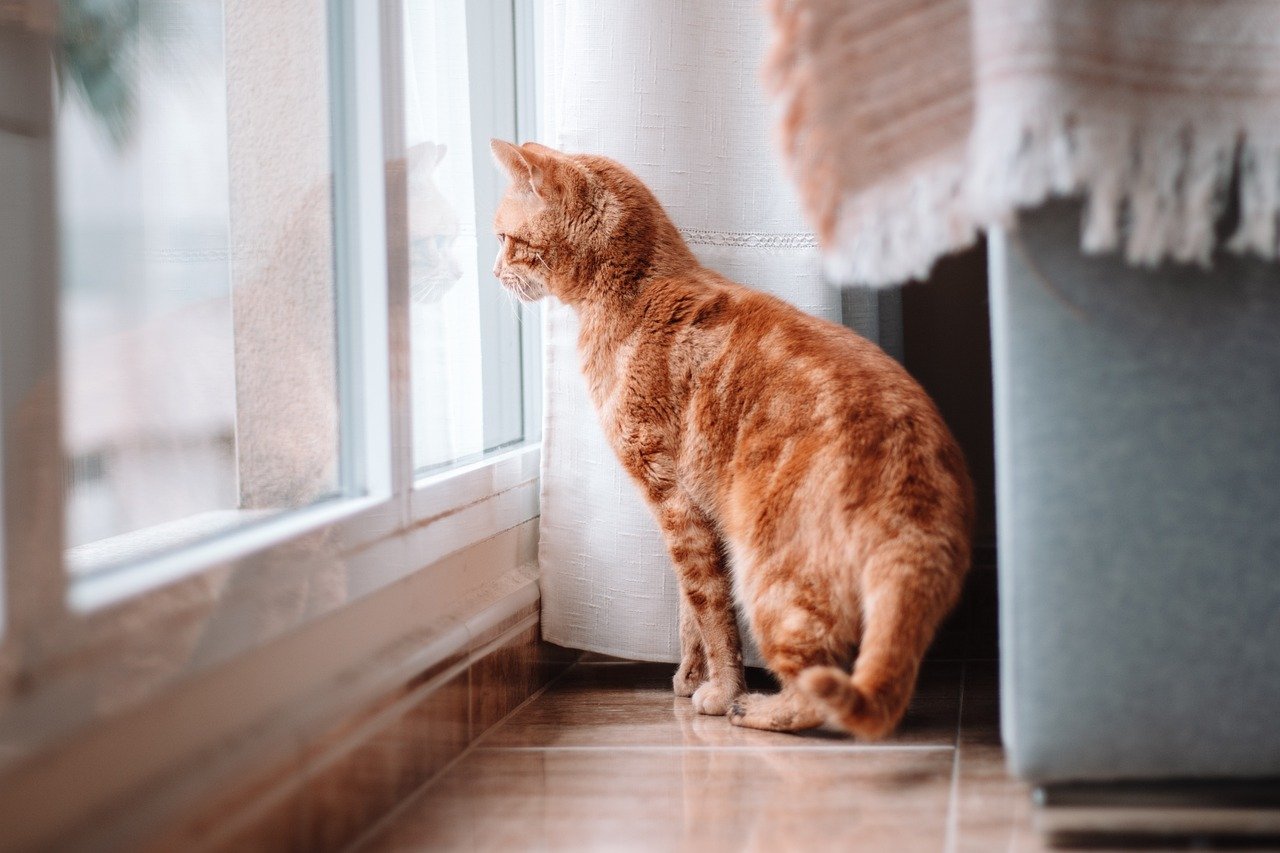
Upon your return, ensure your home environment is welcoming for your cat. This means keeping their space clean and providing them with familiar comforts, like their favorite blanket or toy. A stable environment can help ease any anxiety they may feel and encourage them to come out of their shell.
Using Positive Reinforcement
Positive reinforcement is a powerful tool when trying to reconnect with your cat. Rewarding them with treats or affection when they come to you voluntarily can encourage them to seek your company. By associating your presence with positive experiences, your cat will likely warm up to you faster.
Patience is Key
Reconnecting with your cat after a long trip requires patience. Cats need time to readjust, and pushing them to interact can sometimes have the opposite effect. Allow them to approach you on their terms and respect their space. Over time, your patience will pay off as your cat becomes more comfortable and affectionate.
Recognizing Signs of Affection
Cats show affection in subtle ways, and being able to recognize these signs can help you understand that they do care, even if they seem distant. Look for behaviors like slow blinking, purring, or rubbing against you. These are all signs that your cat is starting to reconnect and trust you again.
Using Play to Reconnect
Engaging your cat in play can be a great way to rebuild your bond. Interactive toys that mimic prey can stimulate their hunting instincts and provide a fun way for you to spend time together. Play sessions can reduce stress and help your cat associate you with positive experiences.
Understanding Body Language
A cat’s body language can tell you a lot about how they’re feeling. Pay attention to their ears, tail, and posture. If your cat is ignoring you, they might be showing signs of discomfort or anxiety. Understanding these cues can help you approach them in a way that feels safe and non-threatening.
Creating a Safe Space
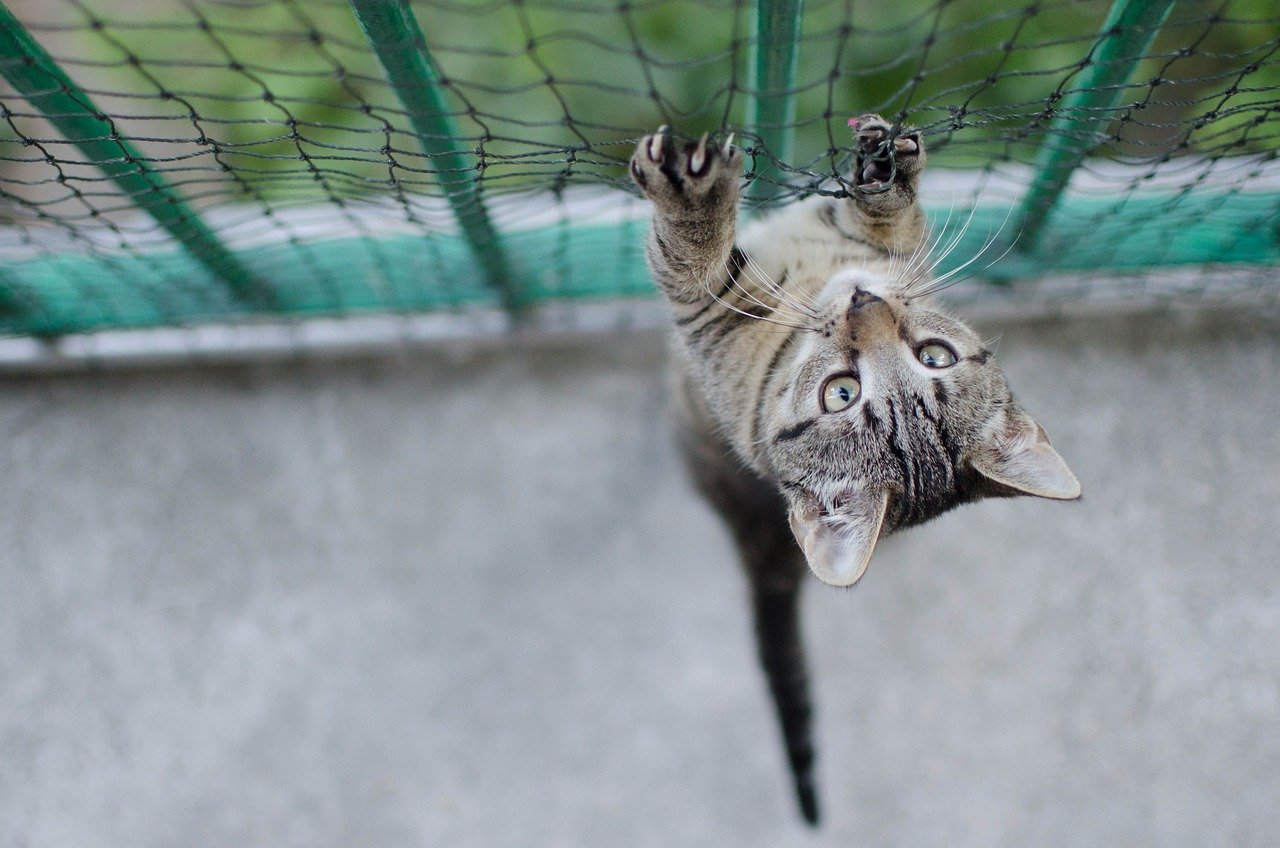
Ensure your cat has a safe space to retreat to if they feel overwhelmed. This could be a quiet room or a cozy bed where they can relax without interruption. Knowing they have a refuge can help them feel more secure and willing to engage with you.
Exploring Grooming as a Bonding Activity
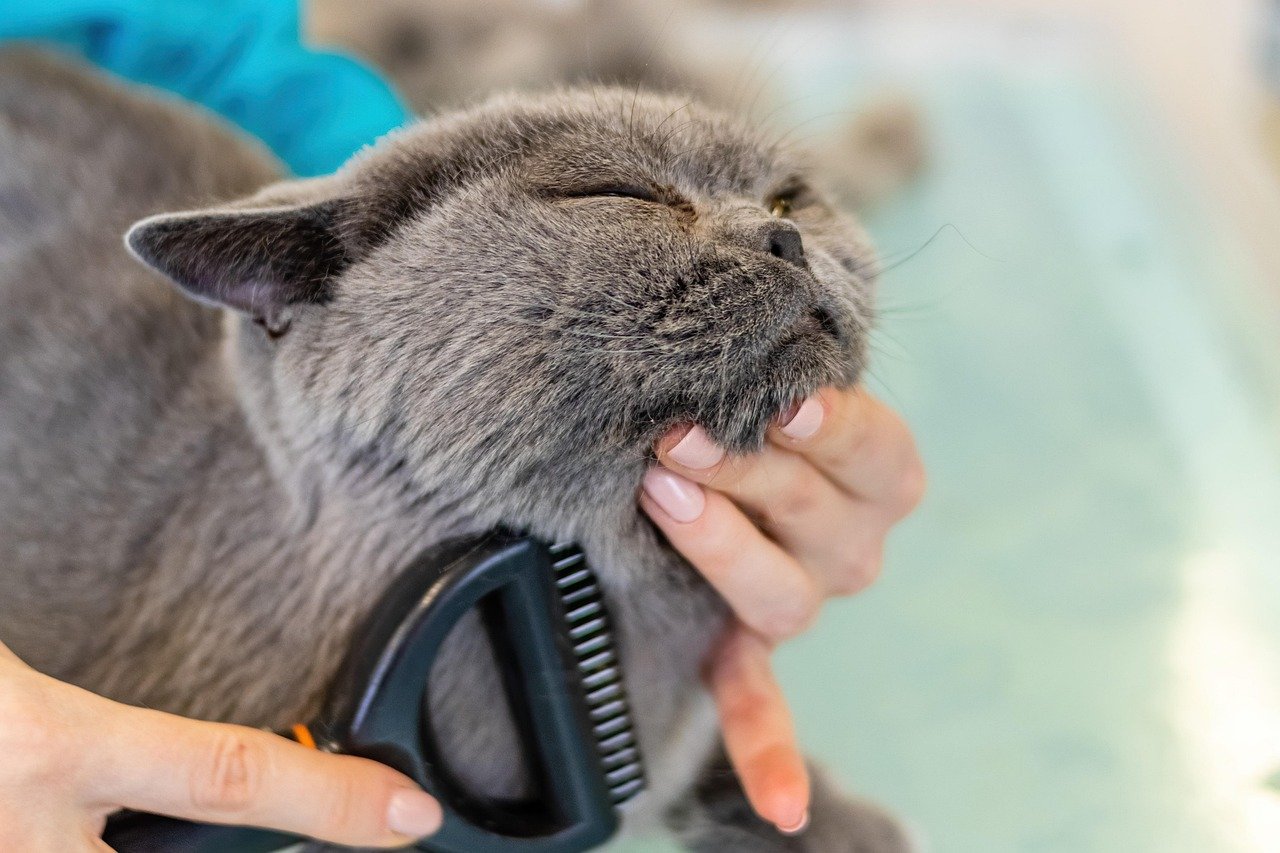
Grooming can be a calming and bonding experience for cats. If your cat allows it, gently brushing them can help strengthen your connection. It mimics the grooming behavior they engage in with other cats, reinforcing the bond between you.
Recognizing When to Seek Help
If your cat continues to ignore you despite your efforts, it might be time to seek professional help. A veterinarian or animal behaviorist can offer insights into your cat’s behavior and suggest strategies to help them adjust. It’s important to rule out any underlying health issues that could be affecting their behavior.
The Role of Time in Healing
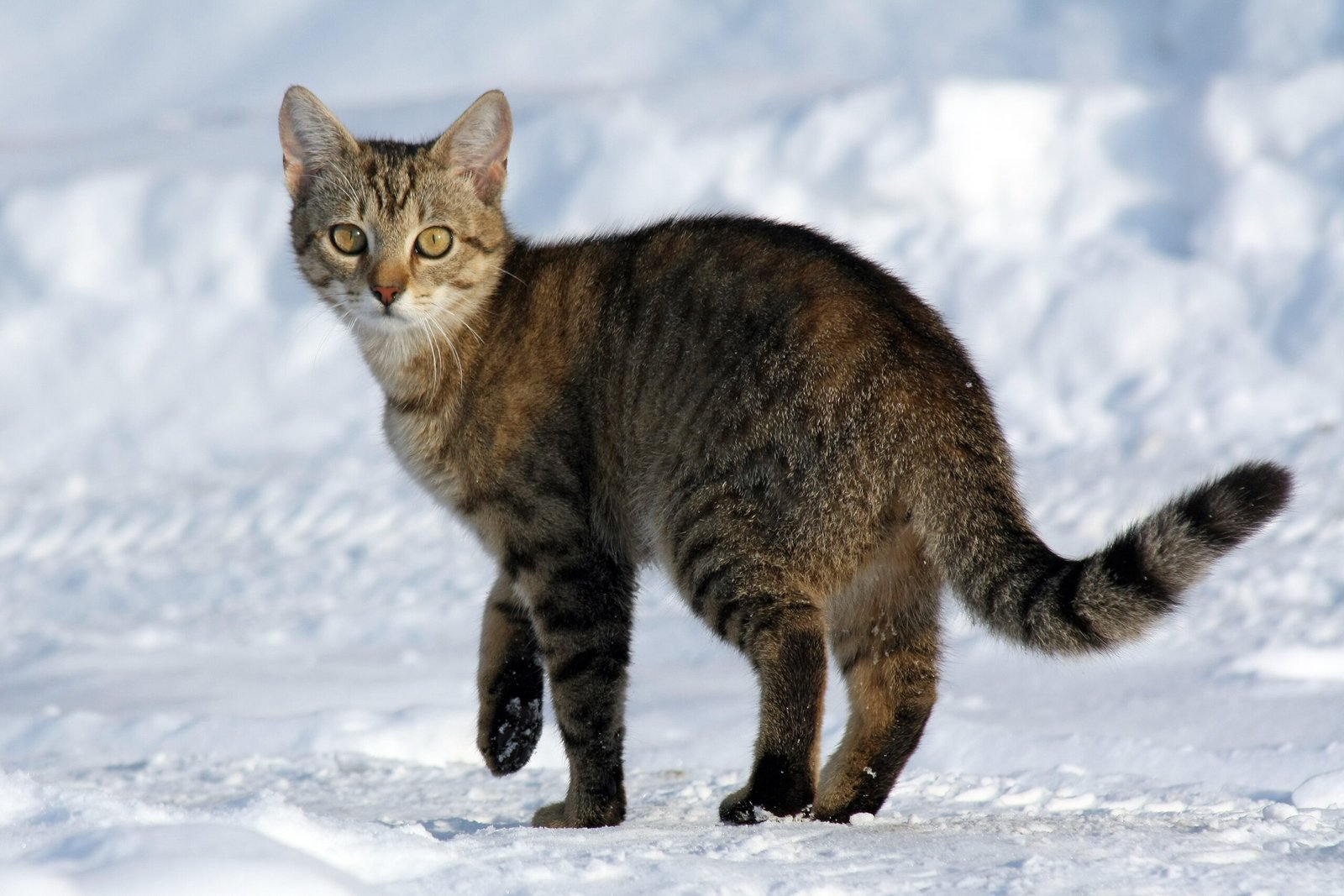
Time is a crucial factor in helping your cat adjust after your return. Each cat is different, and some may take longer to come around than others. Giving them the time they need to heal and readjust will ultimately lead to a stronger, more trusting relationship.
Understanding Individual Differences
Every cat is unique, and their reactions to your absence will vary. Some cats may greet you enthusiastically, while others may act reserved. Understanding and respecting these individual differences can help you tailor your approach to reconnecting with your feline friend.
Providing Consistency
Once your cat starts to warm up to you again, maintaining consistency in your interactions is key. Regular feeding times, play sessions, and affection can help reinforce your bond. Consistency provides stability, which is something cats thrive on.
In conclusion, understanding why cats sometimes ignore you after a long trip involves recognizing their independent nature, changes in routine, and emotional expressions. By approaching them with patience, understanding, and love, you can successfully reconnect with your furry friend.
Hi, I’m Bola, a passionate writer and creative strategist with a knack for crafting compelling content that educates, inspires, and connects. Over the years, I’ve honed my skills across various writing fields, including content creation, copywriting, online course development, and video scriptwriting.
When I’m not at my desk, you’ll find me exploring new ideas, reading books, or brainstorming creative ways to solve challenges. I believe that words have the power to transform, and I’m here to help you leverage that power for success.
Thanks for stopping by, Keep coming to this website to checkout new articles form me. You’d always love it!






